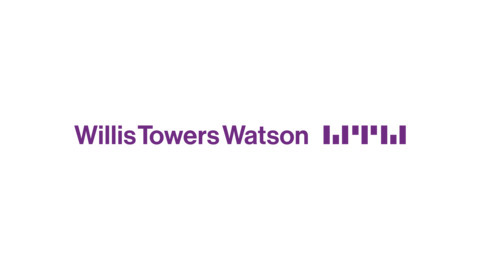On Sunday 13 March there was a great celebration in Seoul as Lee Se-dol, the world champion Go player, beat a supercomputer. You may have missed it among all the other news that day, but what happened was pretty revolutionary – and has some big implications for HR.
Go, or ‘baduk’ as many people in the world know it, is a very ancient Chinese board game. Players move black and white stones on a 19 by 19 grid, in an effort to dominate their opponent. Unlike chess, where each player has 20 moves they can possibly make at any point in the game, Go players have 200 moves they have to compute. I use the word compute deliberately, because the supercomputer Lee Se-dol was playing – known as AphaGo – is something very special, because it learns from its mistakes. The celebrations were because in the best of five competition this was the first time Lee Se-dol had beaten it.
There’s been a lot of debate recently, mostly driven by the IT community, about the future of computers and robots in the workplace. Big data, actionable insight, predictive analytics and artificial intelligence are just a few of the topics swirling around. There’s more than a touch of the darker side of science fiction when it comes to regarding how this might impact on our wider society, not least organisations and those who work for them.
While the narrative of ‘the rise of the machines’ has considerable negative connotations, it also has immense benefits to offer us all. Because the success of AlphaGo, for example, is the culmination of some brilliant human input. First in the creation of the machine itself, then the investment needed to bring it to life, and finally, and possibly most importantly, its ability to learn from what both humans have taught it – and what it has gone on to teach itself. AlphaGo, far from being a challenge to humans, is the culmination of some of the best endeavours of the best human minds in their respective fields. It is the human input behind the machine that makes it so useful.
That’s why I believe – and this is, of course, a point for debate – that rather than shy away from the opportunities which ‘the rise of the machines’ opens up, HR practitioners should embrace the challenges it will bring – and seize this opportunity to lead the introduction of technology into the profession. As I said in the previous article in this series, we need to develop the tools which can prove beyond doubt the success that we bring to the boardroom – and in terms which speak directly to the business mind. This is the chance for HR experts to play to our strengths. We have everything to gain if we do.
The next great set of tools, and the learning opportunities which come with them, are a competitive advantage which HR practitioners should be the first to seize on behalf of their organisations. This is our chance to be at the forefront in building best practice in its purest sense, because technology has always disrupted the workplace and will continue to do so. The outcome of that disruption has predominantly been positive for individuals, organisations, countries and indeed society as a whole. I believe that this will continue to be the case.
In just a generation we have seen consumers embrace a whole range of transformational new technologies. Yes there are challenges in this switched on 24/7 society, but I further believe that any technology which can assist us in better understanding how we perform and why, be that a game of Go or our critical employee interactions, and which gets us thinking about the ‘what’s’ and ‘why’s’ of things has to be beneficial to our global society. So whatever our role – e-learning provider, best practice consultancy, HR professional body or even the ‘humble’ HR practitioner in the workplace – the change is happening now, and the sooner we embrace it the better.
By the time you read this, the five game series between Lee Se-dol and AlphaGo will be all over. And, despite his recent win, it looks like the machine will take the series and walk away with the estimated $1 million prize. I just hope that it doesn’t take AlphaGo too long to learn the best way to spend it.
Iain Moffat is enterprise director at MHR, which is sponsoring HR magazine's Ulrich Insights video series and has produced a free downloadable whitepaper to accompany the series









